Tadashi Yamamoto's Life & Legacy
» History
In 1970, at the age of 34, Tadashi Yamamoto left a promising career to launch JCIE as one of the first independent international affairs institutes in his country. As Japan was reemerging on the world stage as a major power, he felt that there was a pressing need to strengthen his country’s contributions to the international community. However, at that time in Japan, the concept of a nongovernmental institution that was completely free from government or business control playing a role in foreign affairs was considered revolutionary; moreover, it was nearly unthinkable for such a young person to undertake so bold of an initiative. But despite steep odds, his combination of idealism and hardnosed pragmatism allowed his improbable new organization to quickly grow and eventually become one of the country’s leading international affairs institutes.
Lessons from His Youth
Yamamoto’s career was profoundly shaped by his experiences growing up after World War II and studying overseas. During his youth, he had trained to become a Jesuit priest, but when he began to have doubts about that vocation, he transferred overseas to St. Norbert’s College in Wisconsin. As a foreign student there in the late 1950s and early 1960s, he was deeply moved by the ideals of the American civil rights movement, the optimism and emphasis on public service that pervaded the public debate of the day, and the focus on “love and community” that he found in his faith. He often recounted how these experiences, along with the missionary spirit he picked up while training for the priesthood, inspired his later work to serve others and strengthen the ties of global community.
Strengthening US–Japan Relations
After returning to Japan in 1962, Mr. Yamamoto was hired as a special assistant for international affairs to Tokusaburo Kosaka, the president of Shinetsu Chemical Company and, later, a prominent politician. Here, he began to hone his style of behind-the-scenes diplomacy by making arrangements for the groundbreaking Japan trip of Attorney General Robert F. Kennedy to promote stronger US-Japan ties.
At the time, the domestic debate on foreign policy was characterized by violent clashes between leftists who rejected Japan’s alliance with the United States and right wingers who wished to stem the influence of Communism. Yamamoto, though, was part of an emerging group of liberal realists who sought a third way in Japan’s foreign policy dealings, and he helped to advance this cause by arranging the Shimoda Conference series. The inaugural Shimoda Conference in 1967 was the first postwar meeting to convene political leaders and public intellectuals from the United States and Japan on equal footing for a foreign policy dialogue, and it came to be seen as a milestone in Japan’s reemergence on the world stage. Swarms of demonstrators tried to shut down the conference and block the motorcade of its keynote speaker, Senate Majority Leader Mike Mansfield. Yamamoto was responsible for successfully negotiating a détente with protest leaders, walking back and forth down the steep hill from the conference site through a gauntlet of hundreds of protestors chanting “Tadashi Yamamoto is the running dog of the American Imperialists.”
Inspired by Mansfield’s words at the Shimoda Conference, Yamamoto launched the US-Japan Parliamentary Exchange Program, the first effort ever to regularly bring legislators from the US Congress and Japanese Diet together for frank and substantive policy discussions. These exchanges, which are continued today by JCIE, cultivated personal ties among a generation of up-and-coming leaders who went on to play key roles in bilateral relations—including numerous future Japanese prime ministers and such American leaders as Thomas Foley, Donald Rumsfeld, and Howard Baker.
These programs often produced odd yet fortuitous pairings. For example, in 1975, Mr. Yamamoto arranged for Japan Socialist Party President Saburo Eda to visit the White House to meet with Rumsfeld, who had become President Ford’s Chief of Staff. An important plank of the party’s platform was opposition to the US-Japan alliance, but as the first meeting between the Socialists and US government officials in 23 years, the visit opened the way for a new engagement with Japan’s main opposition party.
Building Bridges with Asia and Europe
Yamamoto’s focus soon extended beyond US-Japan relations to ties with Europe, Asia, and other regions through his work on high-level forums including the Trilateral Commission, where he worked closely with luminaries such as David Rockefeller, Henry Kissinger, and Zbigniew Brzezinski. He also was responsible for initiating historic dialogues with Korea and Southeast Asian countries that advanced postwar reconciliation and laid the foundations for deeper regional cooperation in Asia.
Focus on Human Security and Global Cooperation
After the end of the Cold War, he quietly became one of Japan’s key proponents of the concept of human security, a more comprehensive approach to ensuring the security of individuals and not just national borders. As informal advisor to Prime Minister Keizo Obuchi and other leaders, his influence helped pave the way for Japan’s adoption of the approach as a main tenet of the country’s foreign policy.
In recent years, his focus on human security led him work increasingly on promoting international cooperation on health issues. In 2004, his institute launched a support group for the Global Fund to Fight AIDS, Tuberculosis and Malaria. By bringing politicians to Africa to speak with people battling AIDS and arranging for overseas celebrities to raise awareness of the need for Japan to do more to help poor countries, the initiative played a key role in encouraging the Japanese government to dramatically expand its annual contribution to the Global Fund, making it one of the world’s most generous supporters of the battle against the global AIDS epidemic.
The Value of Family
Despite Yamamoto’s constant foreign travel, he was known for his devotion to his family, regularly entertaining friends with updates on the exploits of his four sons and carrying drawings from young grandchildren that he would let slip out from his documents during meetings to break the ice. In a society where women traditionally deferred publicly to their husbands, he and his wife, Chiyoko, were recognized as equal partners, and he enthusiastically supported her in her work as dean of Sacred Heart Junior College. Indeed, when first contemplating the creation of JCIE, he asked for her permission to leave a stable and respectable company to take the risk of launching his own institute despite having small children and no financial security, promising her that if things did not work out after a year, he would give up his dream and find contract work as an interpreter. He was stunned when she immediately agreed, and he always retained a sense of wonder and amazement at her faith in him and her support for his belief that his institute could play an indispensable role as a catalyst for international cooperation.
Tadashi Yamamoto passed away in Tokyo on April 15, 2012, after a short illness.
More about Tadashi Yamamoto’s Life and Legacy
“A Missionary for Civilian Diplomacy” (Nikkei Shimbun, May 2007)
Profile of Tadashi Yamamoto as ACCJ Person of the Year (January 2010)
Commemorative Booklet: “Celebrating Milestones in the Career of Tadashi Yamamoto” (October 2011)
“End of an Era: Yamamoto, Top ‘America Hand’ Dies at 76” (Wall Street Journal, Japan, April 16, 2012)
Tadashi Yamamoto Obituary in The Lancet (May 19, 2012)


